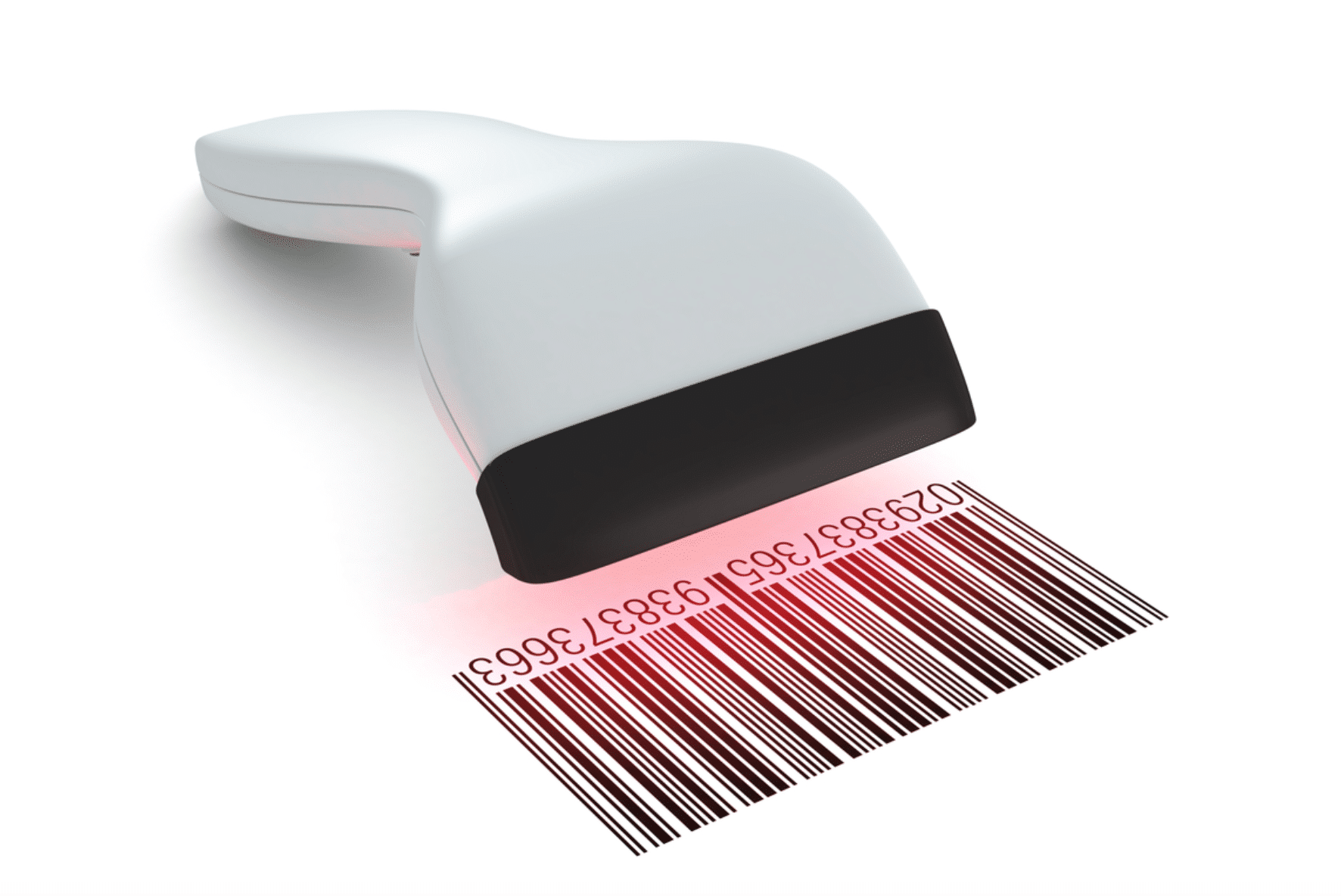Handheld Barcodes Scanners for Effortless Inventory Tracking Anywhere
Handheld Barcodes Scanners for Effortless Inventory Tracking Anywhere
Blog Article
Choosing the Right Barcode Scanner for Your Business Needs
Selecting the proper barcode scanner for your organization calls for a nuanced understanding of your certain operational requirements and ecological conditions. Variables such as scanner type, speed, and compatibility with existing systems play a crucial duty in identifying the appropriate option.
Recognizing Barcode Scanner Types
When it involves picking a barcode scanner, recognizing the different kinds available is critical for conference specific company needs. Barcode scanners can be categorized into numerous types, each designed for different applications and environments.
Handheld scanners are one of the most typical, using mobility and ease of usage, making them suitable for retail and stock monitoring. They generally attach via USB or Bluetooth, offering versatility in procedure. Fixed-mount scanners, on the various other hand, are made for high-volume scanning applications, frequently found in production line or check out counters. These scanners are mounted in a stationary setting, allowing for fast scanning of multiple things in sequence.
Another kind is the mobile computer system, which incorporates scanning capacities with computing power. These devices are optimal for area operations or stockroom management, enabling information collection and real-time stock tracking. Additionally, there are industrial scanners that are developed to hold up against severe atmospheres, such as extreme temperature levels or exposure to dirt and dampness.

Trick Functions to Take Into Consideration
What vital functions should services prioritize when selecting a barcode scanner? Scanning rate is essential, as faster scanners enhance functional effectiveness, specifically in high-volume atmospheres. The scanner's capability to check out numerous barcode layouts is additionally essential; guarantee it supports popular types like QR codes, UPC, and Code 128 to fit diverse inventory products.
Sturdiness is an additional essential feature, particularly for services in sturdy settings. Seek versions that are constructed to hold up against decreases, dirt, and wetness. In addition, take into consideration the connectivity alternatives offered; whether you like USB, Bluetooth, or Wi-Fi, the appropriate connectivity can enhance integration with existing systems.

Examining Your Service Setting
To successfully select a barcode scanner, companies have to analyze their specific operational atmosphere. This analysis consists of reviewing the physical layout of the office, the nature of the items being checked, and the typical problems under which scanning happens. For example, a retail environment may call for portable scanners that can rapidly process purchases at go to this site the check out, while a warehouse setup might take advantage of ruggedized scanners developed to endure harsher problems.
In addition, think about the quantity of scanning needed. High-throughput settings may necessitate innovative scanning modern technologies, such as fixed-position scanners or mobile phones that can operate efficiently in fast-paced circumstances. The assimilation abilities with existing inventory management systems additionally play an essential function; guarantee the chosen scanner can seamlessly connect with software program systems in operation.
Furthermore, evaluate the possibility for development and scalability. A scanner that fulfills existing needs may not be sufficient as business expands. By thoroughly examining these factors, businesses can choose a barcode scanner that not just fulfills instant needs but additionally supports long-term functional effectiveness and adaptability. This critical strategy inevitably adds to smoother processes and enhanced efficiency.
Budgeting for Your Scanner
Having evaluated the operational atmosphere and identified the details requirements for a barcode scanner, the next step includes mindful budgeting to ensure a smart financial investment. Developing a budget starts with establishing the overall expenses connected with the scanner, consisting of first acquisition price, operational expenses, and possible upkeep costs.
When choosing a barcode scanner, think about the series of readily available alternatives, from handheld devices to fixed-position scanners, as costs can vary significantly. It is necessary to balance expense with functionality; selecting a much more economical model may lead to raised operational ineffectiveness if it does not meet your business requirements.
Along with the hardware, go to my site variable in costs connected to software, training, and prospective upgrades. While it may be tempting to lessen in advance expense, buying a top quality scanner that straightens with your functional requirements can yield long-lasting savings through improved performance and lowered downtime.
Finally, think about the total expense of ownership, which incorporates the scanner's life-span and prospective resale worth. By meticulously intending your spending plan, you can ensure that your financial investment in a barcode scanner will enhance your functional productivity and monetary efficiency.
Combination With Existing Systems
Integrating a barcode scanner with your existing systems is vital for maximizing its performance and guaranteeing smooth operations. barcodes scanners. A well-integrated scanner enhances operations performance, minimizes mistakes, and speeds up information processing. When selecting a barcode scanner, think about compatibility with your existing software application and hardware framework, including your supply administration systems, point-of-sale (POS) systems, and enterprise resource preparation (ERP) solutions
Review whether the scanner utilizes basic protocols such as USB, Bluetooth, or Wi-Fi, which can facilitate very easy integration. Furthermore, evaluate whether the scanner's software application supplies APIs or SDKs that permit for modification and integration with exclusive systems. This is especially important for organizations with one-of-a-kind functional needs.
In addition, think about the scalability of the scanning solution. As your company grows, your systems ought to have the ability to fit additional scanners and deal with enhanced information volumes without substantial reconfiguration. Ultimately, spending in a barcode have a peek here scanner that effortlessly integrates with your existing systems will certainly yield long-term advantages, enhancing precision, effectiveness, and overall performance within your operations. Take the time to thoroughly analyze your integration requires before purchasing choice.

Final Thought
In verdict, picking an appropriate barcode scanner requires a comprehensive evaluation of different elements, including scanner types, vital functions, and the specific organization setting. The ideal barcode scanner offers as a crucial device in simplifying processes and promoting reliable inventory administration.
Report this page